How to deal with worry?
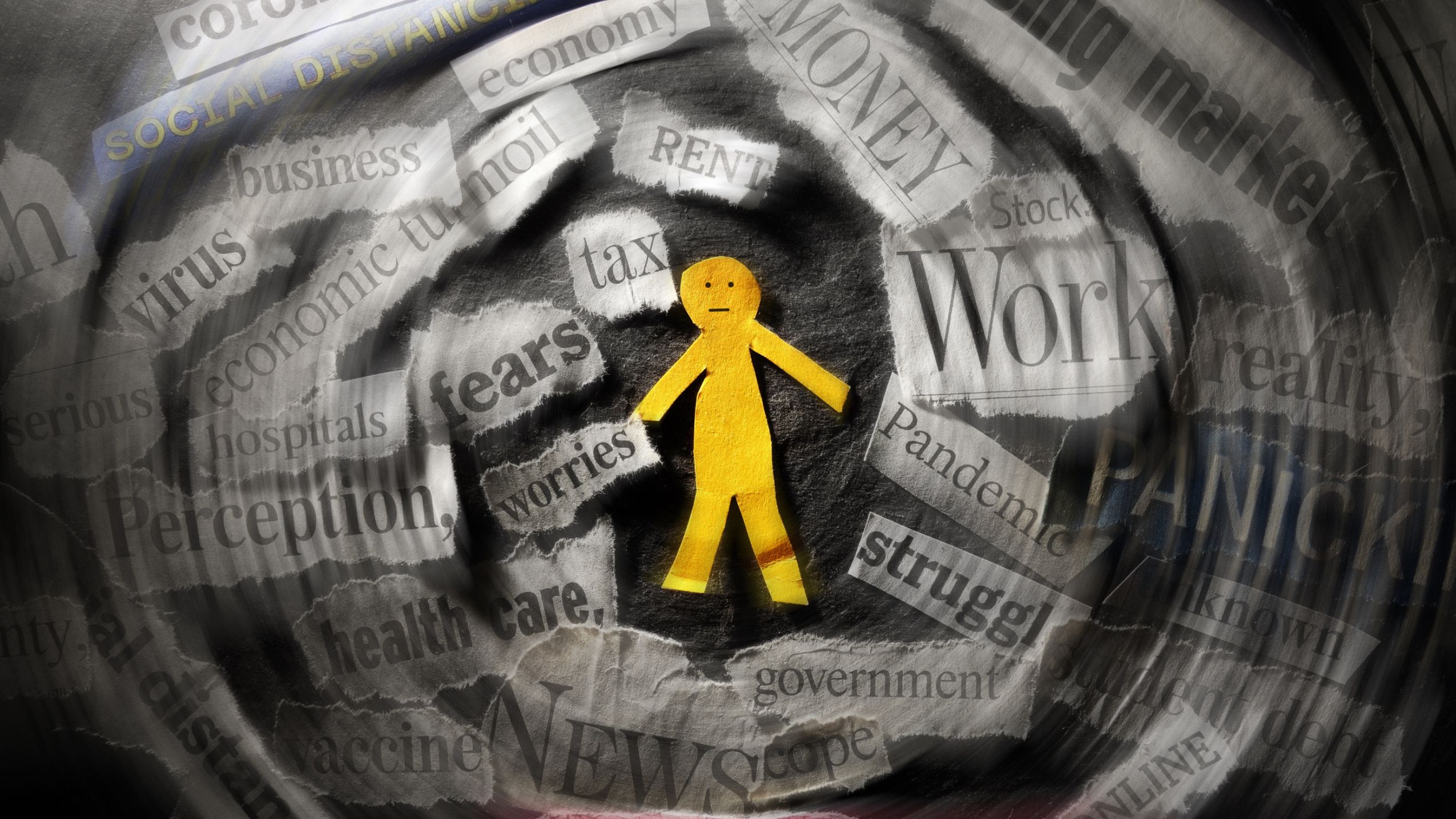
Worry is something that affects all of us at some point in our lives. It can range from a mild concern to a debilitating anxiety that interferes with our daily lives. But have you ever wondered what goes on in our brains when we worry? In this blog post, we’ll explore the neuroscience behind worry and the two types of worry that exist.
Worry is essentially a form of self-talk, an internal dialogue that we have with ourselves. It’s a way of processing information and trying to make sense of things that we find uncertain or threatening. When we worry, our brains are activated in a particular way. The amygdala, which is the part of the brain responsible for processing emotions, particularly fear, is activated. This triggers a stress response in the body, which prepares us to take action to deal with the perceived threat. Our heart rate and breathing may increase, and we may become more alert and focused.
Practical worries and hypothetical worries are two types of worries that people com...
What is the 3 3 3 rule for anxiety?

Anxiety is a natural human response to stress, but when it becomes overwhelming, it can interfere with daily life. Managing anxiety requires a comprehensive approach that may include medication, therapy, and lifestyle changes. One simple and effective tool for managing anxiety is the "3 3 3 rule."
The 3 3 3 rule is a grounding technique that can help you manage feelings of anxiety in the moment. It involves focusing your attention on your surroundings and using your senses to ground yourself in the present. Here's how to use the 3 3 3 rule:
Step 1: Look around you and name three things you see.
The first step in the 3 3 3 rule is to focus on your visual surroundings. Look around you and name three things you see. These can be objects in the room, people nearby, or anything else in your immediate environment. By focusing on what's around you, you can bring your attention back to the present and reduce the feeling of being overwhelmed.
Step 2: Listen for and name three sounds you hea...
What is the best way to deal with anxiety?
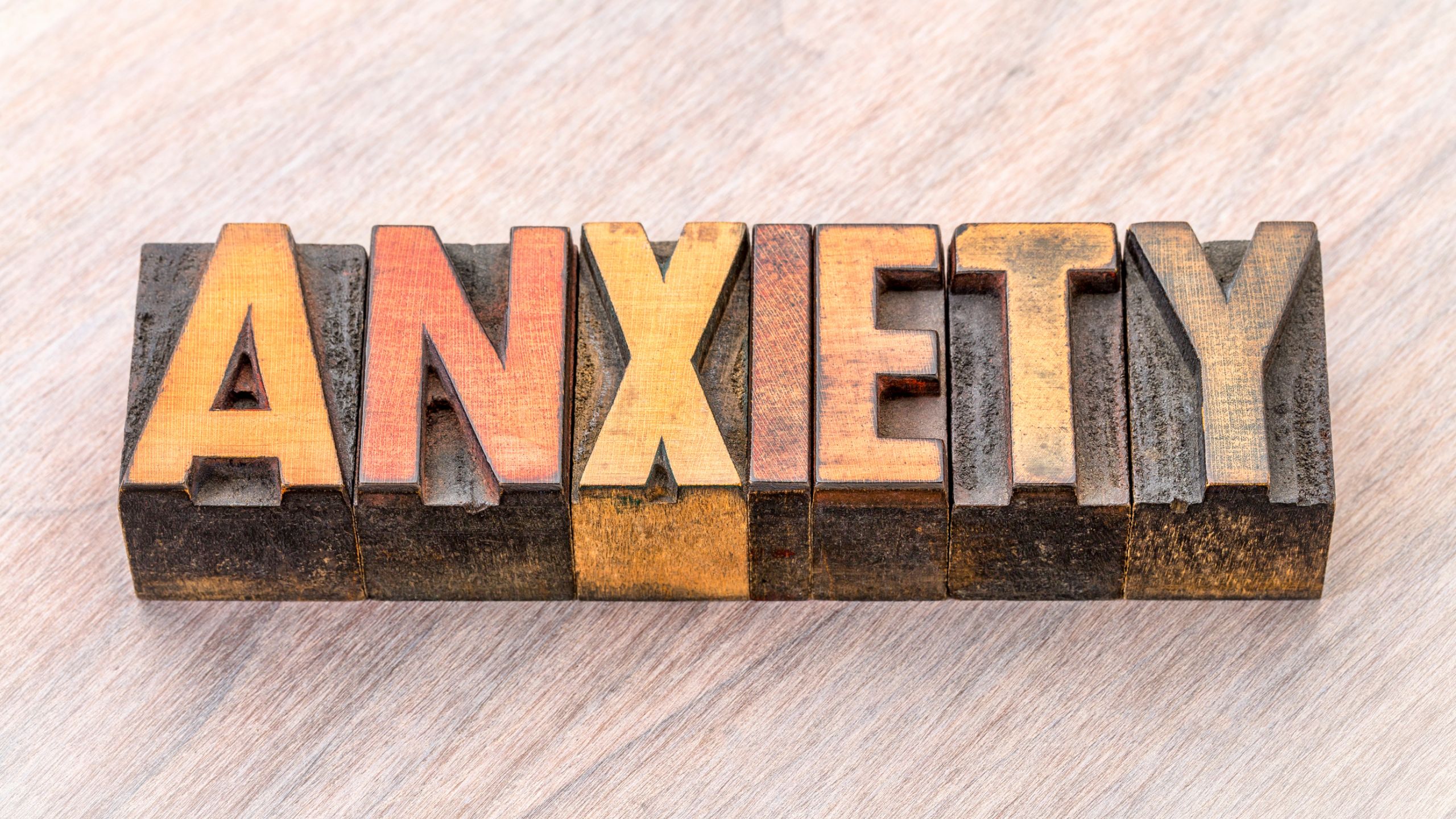
Anxiety is a common condition that affects millions of people worldwide. It can manifest in a variety of ways, including physical symptoms, cognitive symptoms, and emotional symptoms. If you are struggling with anxiety, there are a number of strategies that you can use to manage your symptoms. In this blog, we'll discuss some of the best ways to deal with anxiety.
- Seek Professional Help
One of the best ways to deal with anxiety is to seek professional help. A mental health professional can help you identify the underlying causes of your anxiety and develop a treatment plan that is tailored to your needs. They may recommend therapy, medication, or a combination of both.
- Practice Mindfulness
Mindfulness is the practice of being present and fully engaged in the current moment. It can be a powerful tool for managing anxiety. When you practice mindfulness, you become more aware of your thoughts and feelings, which can help you recognize when you are experiencing anxiety and take...
What are 5 symptoms of anxiety?
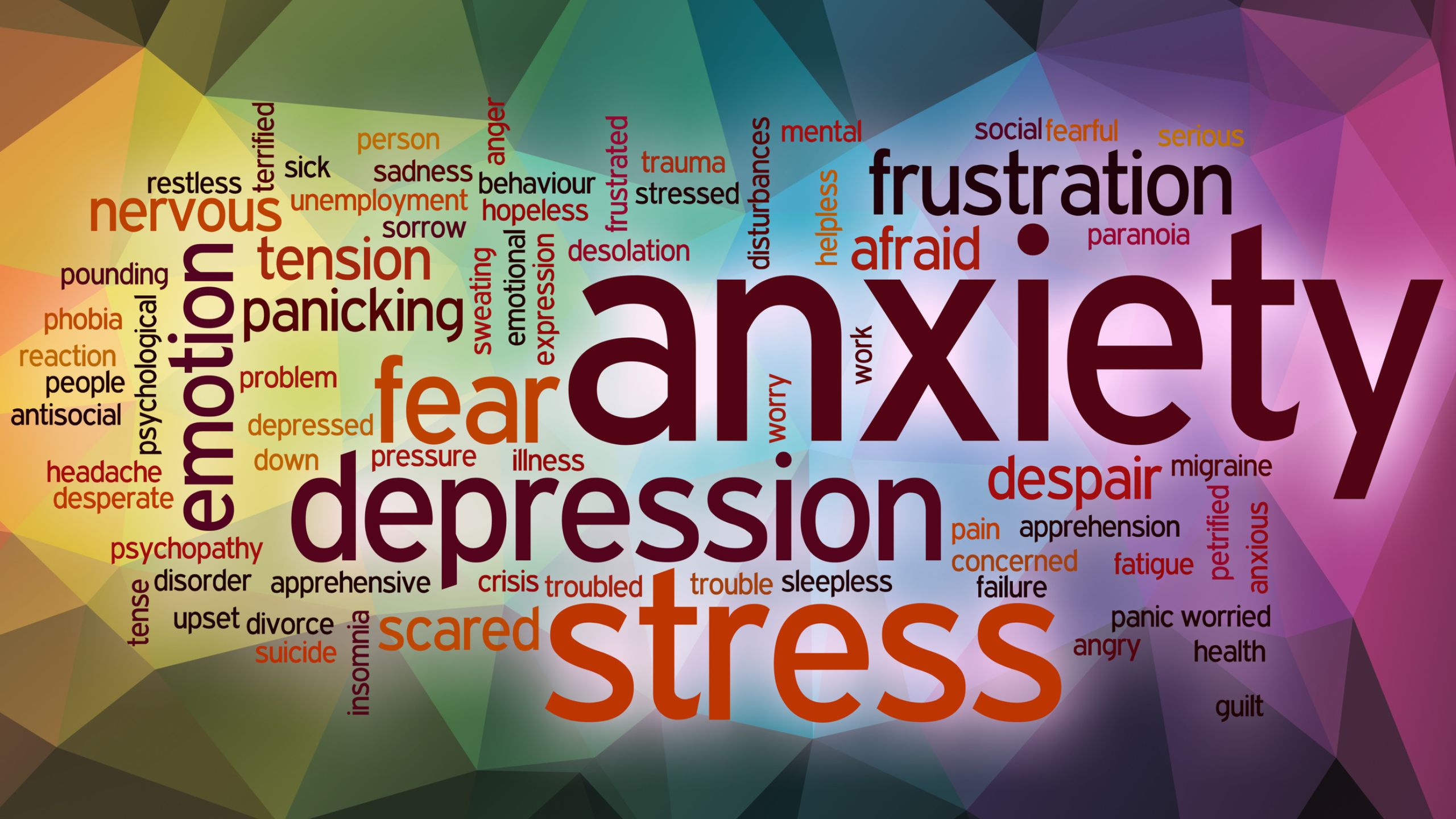
Anxiety is a common condition that affects millions of people worldwide. It can manifest in a variety of ways, including physical symptoms, cognitive symptoms, and emotional symptoms. In this blog, we'll discuss 5 common symptoms of anxiety.
- Excessive Worrying
Excessive worrying is a common symptom of anxiety. It is characterized by constant thoughts of worst-case scenarios, even in seemingly benign situations. People with this symptom of anxiety may find themselves fixating on things that are unlikely to happen, but still feel as though they are very real threats.
- Physical Symptoms
Anxiety can manifest physically, and there are a number of physical symptoms that are associated with anxiety. These can include increased heart rate, rapid breathing, sweating, muscle tension, and gastrointestinal issues such as nausea or diarrhea. These physical symptoms can be very uncomfortable and can be mistaken for other medical conditions.
- Avoidance
People with anxiety
...How to (dis)solve any problem in 30 seconds?
A new approach to looking at your problems
This blog is posted by Anurag Rai. Anurag is the Founder of Superhuman In You and Superhuman University. He is also the founder of multiple other businesses and a certified NLP & meditation practitioner.
Other articles you may find interesting:
https://www.superhumaninyou.com/blog/some-thoughts-about-our-thoughts
https://www.superhumaninyou.com/blog/leadership-communication
Some thoughts about our thoughts
You may have heard the phrase that Our thoughts create our reality. But how true is it? Let’s find out. What do you see in the pictures below?
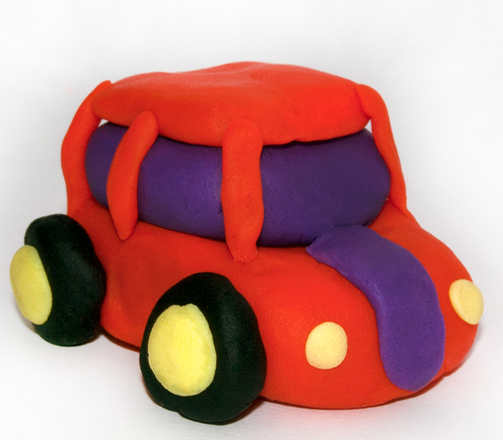



Now if you are like most people, you would say you saw a car, an aeroplane, a dinosaur, and a house. But in reality, all you saw was playdough. Your thoughts made it what you perceived it to be. In other words, thoughts do have some role in creating our reality. But there’s something else here too. Something that we call consciousness or awareness. When you look at it from a superficial level of awareness you see things as they look, but when you see things from a deeper level of awareness you see things as they are, without any preconceptions, judgements, or definitions.
The key to better Mental Health
The key to better mental health is not in manipulating what we are thinking, but in understanding that we think. There is a lot of effort that goes into positive thinking. But in my experience, positive thinking plus negative th...
5 Emotions That Could Be Stopping You From Living Your Dreams

Hurtful memories can stifle your development and growth. How do we break through this insidious mental conditioning? How do we grow and develop beyond hurtful episodes that bury themselves in our subconscious and influence our lives? How do we change and grow so that we can live our dreams?
The first step is to break the hold of these inhibiting influences from the past. Recognize them and then either get rid of them or turn them into a positive force that pushes you ahead rather than holds you back. Identify these inhibiting memories in your life so that you control them rather than allowing them to control you. Did someone hurt your feelings? Forgive them and forget it. Move on. Did someone punish you unfairly? It’s over. It’s done. Go on.
Here are a few of the most common emotions that burrow into the subconscious and impede our growth as individuals:
-
Anger: This is a natural response to a perceived attack or injury. It makes energy flow. But when allowed to simmer, it ...
How to Manage Stress?

"Stress is the trash of modern-day life. If you do not dispose of it properly, it will pile up and overtake your life."
-Danzae Pace
I believe that whenever we are dealing with a problem, we must first ask three questions: What? Why? And How? In the same order. Let’s start by discussing What is stress? I have spoken to many friends, family, colleagues, and clients. Whenever they tell me what is causing them stress, it is one of these reasons:
- Money - They do not seem to have enough. Surprisingly, some of them earn 1,000 pounds a month, while others earn 10,000 a month, they still both have the same problem.
- Job or Career – They are not happy with their job or business.
- Relationships – They are not happy with their relationships in life. This could be with their partners, siblings, parents, or children.
- Time – This is one thing that gets many people. They never have enough time to do it all.
- Future – This is the most interesting one. I know a lot of people who have everythi ...
Heal yourself and others through Compassion
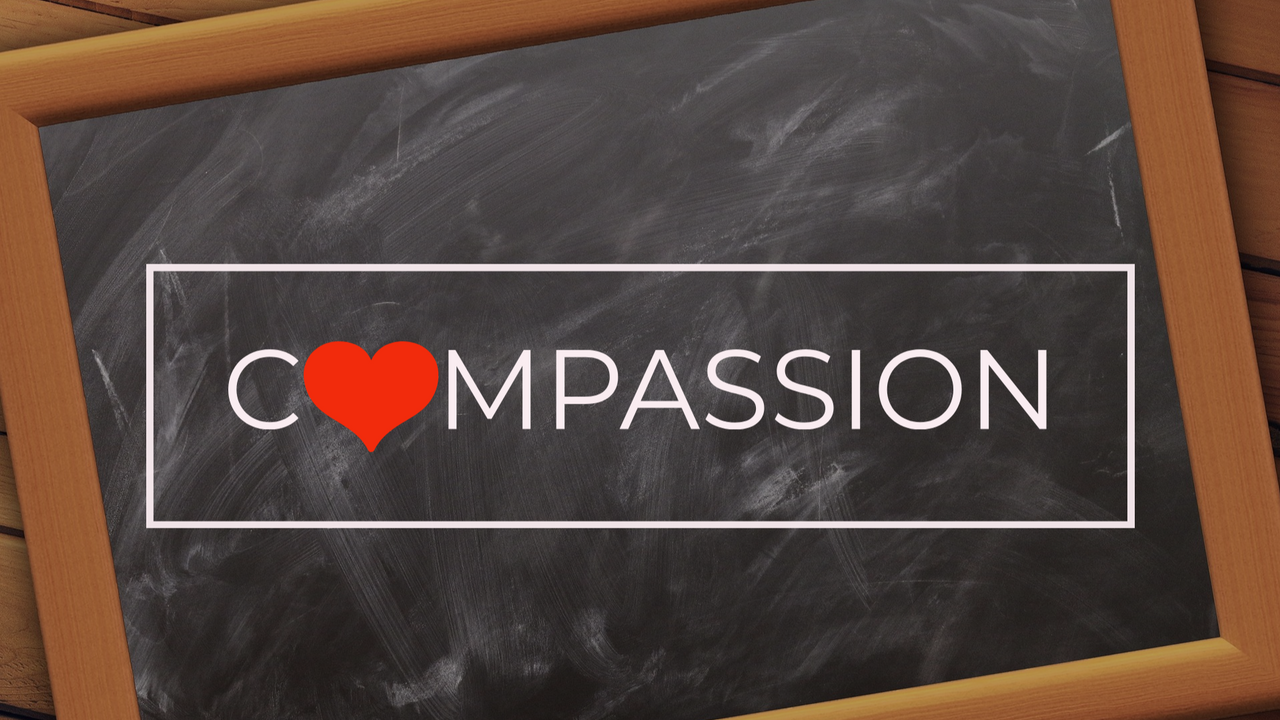
Dr. Hawkins a well-known spiritual teacher and psychiatrist developed a Map of Consciousness. The map shows the vibrational energy of different emotional states. When you look at it, you could see that love has a high vibrational frequency of 500. And in order to access the states of higher consciousness, you must be in the energy frequency of love and above.
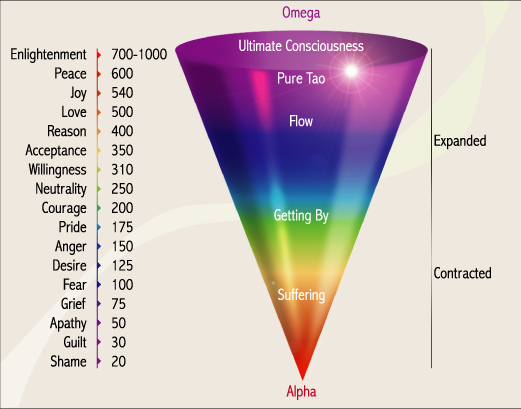
According to another research done by Richard J Davidson, compassion is a trainable skill. People who practice compassion have a more positive outlook on life and are less likely to become stressed. It was also found that people who practice self-compassion could slow the process of ageing. Practising compassion can also enhance your emotional intelligence skills. Emotional intelligence is extremely beneficial for building relationships and coping with the challenges of life in general. In order to be a kind-hearted and compassionate person, you must be kind and compassionate towards yourself. Just as the old saying goes...
Being Grateful is a Great Fuel for Happiness

"If there is one question which undoubtedly the whole human species on the planet will answer ‘YES’ to is ‘Do you want to be happy?’."
Is there a connection between this common desire of the human race and gratitude? Some may believe that if you have all you desire you will be happy and once you are happy you will also be grateful, and it seems the obvious connection. But what if I ask you to think carefully if this is true? Is it really that happy people are grateful?
We all know someone who has everything one could ask for to be happy and they still are miserable. They are constantly seeking something. At times they are not even sure what they are seeking. Then there are also people who have all the misfortune one can have but still radiate happiness. Why? It’s because they are grateful for whatever they have. It is not happiness that makes you grateful, but gratefulness that will make you happy.
Have you ever wondered why a sight of a waterfall, rainbow, or any such nature's...

